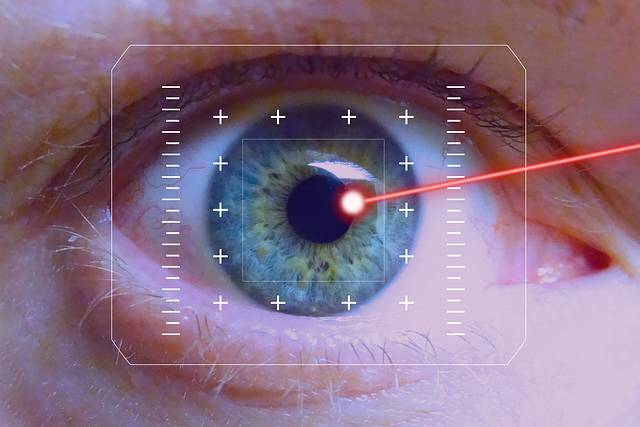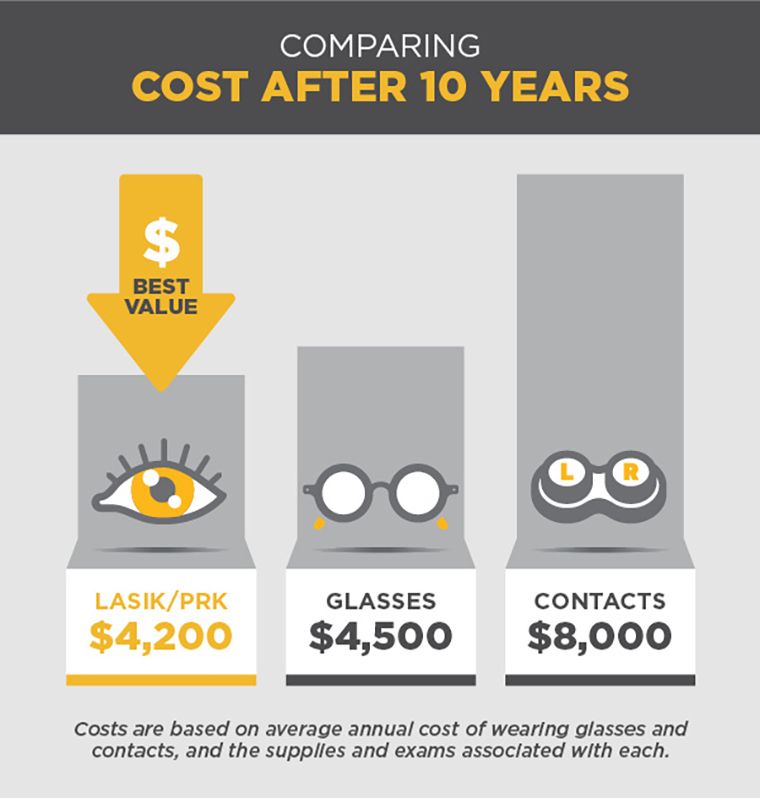What is Lasik?
Lasik eye surgery is a procedure in which incredibly precise and delicate lasers are used to help correct any refraction errors in the eye. These errors are usually caused by damage in the cornea, which helps bend or “refract” light. Most of the time, the procedure works well with 96% of the surgeries resulting in at least a perfect 20/20 vision. And out of that 96 percent, at least 40% ended up with vision better than 20/20. Now although this may seem like a good thing, many people have complained about the troubling side effects and even wished that the procedure never happened.

Why are people complaining?
Although the procedure can help the eyes in some ways, it can also severely hurt them and even “backstab” them by damaging the already damaged cornea. According to an interview with Lasik patient Jason Esveld, “it was a deep ache and sometimes like a sharp hot sensation”. Some days,he was in so much pain that he could barely open his eyes. More side effects similar to these can occur while the reshaped tissues heal, but at times these side effects last longer or stay forever.
Why does this occur?
One of the reasons that these undesirable outcomes can occur is while the eye reshapes its tissue. When doctors conduct the surgery, they have to perform an incision in the middle of the eye to create a flap of sorts. This will let your cornea heal and reshape for more clarity in your vision. Side effects aren’t even uncommon or unusual with this procedure, and while it may seem obvious that there would be a few side effects to a procedure as strange-sounding as this, some of these side effects don’t go away. These strange symptoms could be caused when the cornea heals poorly or awkwardly.
What kind of side effects are there?
Some side effects can include dry eyes, halos, worsened eye vision, and starbursts. Esveld contacted the clinic with “burning, itching and discomfort,” and although his eyes seemed perfectly normal, Jason didn’t believe it. His condition worsened and after his second visit to the clinic in 2 weeks, he really wanted to crack down onto this mystery. He discussed with WebMD that he remembers “getting quite confrontational with the optometrist.” Jason had started doing his research and knew that the pain was getting to his nerves as well. His research led to the conclusion that he had received nerve damage in the cornea and diagnosed himself with Ocular Neuropathic pain. “According to the Ocular Surface Journal, central ocular neuropathic pain can be a result of nerves growing back incorrectly as balls of nerves, or neuromas.” But the thing is that Jason’s troubling case is among thousands of others that have entered a procedure, which unbeknownst to them hurts them more than heals.
The Treatment
Jason knew that his condition could only worsen, so he turned to professional specialists to seek help. He asked for help from corneal specialists because he just wanted to escape the nightmare that was Lasik. He took numerous dry eye tests and received countless examinations of his corneal cell structure. Jason Esveld has been prescribed everything from antidepressants to steroid teardrops. Even with his wide array of expensive medications, he still hasn’t healed. Even with all this treatment, the specialists still don’t know if there is an effective treatment for his current condition. This tragic story has happened to countless other victims, and it seems as if in some cases there is no escaping the deep dark pit of a certain sugar-coated surgery.
Conclusion
As these many reasons and examples have proved to you, there is a very big possibility that anyone that goes through Lasik could encounter some side effects. Even further, in that group of people that will experience side effects, some of those will even have those symptoms permanently. Sadly, for the people that will have to suffer these symptoms, there is likely no saving them. Permanent symptoms can lead people to poor mental health, and it can even be so severe that their mind is lead down the treacherous road of depression and suicide.
These reasons can hopefully put people off of immediately doing Lasik without their research, and may be able to allow people to fully weigh the risks and the rewards.
